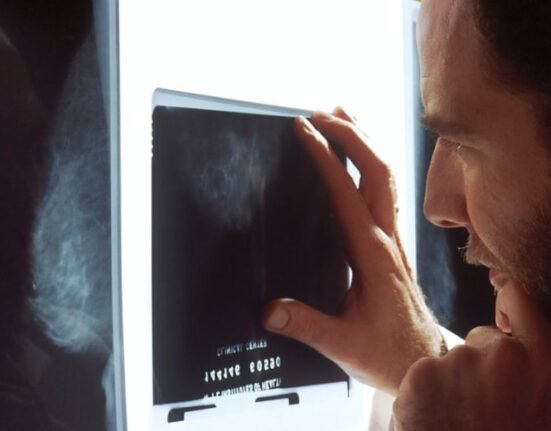HQ Team
December 6, 2023: Junior hospital doctors, who make up about half of the National Health Service (NHS) medical workforce in England, are going on the longest strike in NHS history around Christmas and January after pay talks with the government failed.
The latest round of talks, which ended in an impasse, came after months of industrial action, followed by weeks of delay by the Department of Health and Social Care in restarting the negotiations.
“After five weeks of talks between junior doctors in England and the Government, the deadline has passed, and negotiators for the Department of Health and Social Care have not been able to put forward a credible offer to end the pay dispute,” according to the British Medical Association (BMA).
“As a result, the BMA’s junior doctors committee has unanimously voted for further strike dates in December and January. “ The strike dates in England are from December 20-23 and from January 3 to January 9, 2024.
Sir Julian Hartley, chief executive of NHS Providers, said: “This is the outcome that trust leaders were dreading. This will be the longest strike in NHS history during the busiest and toughest time of the year for the NHS.”
Months of negotiations
The BMA’s junior doctors committee had made it clear that despite the delays they wanted to settle. Even after more than a month of intense negotiations, a deal has not been reached.
They said the approach from the new health secretary, Victoria Atkins, and her team “has been productive” but “not sufficient to make up for 15 years of declining pay.”
The BMA is a professional association and trade union representing and negotiating on behalf of all doctors in the UK.
BMA junior doctors committee co-chairs Dr Robert Laurenson and Dr Vivek Trivedi said since the beginning of talks the government was unable to present a credible offer by the deadline.
“Instead, we were offered an additional 3%, unevenly spread across doctors’ grades, which would still amount to pay cuts for many doctors this year. It is clear the Government is still not prepared to address the real-terms pay cut doctors have experienced since 2008,” they said in a statement.
“We have no choice but to take action that demonstrates doctors are as determined as ever in reversing their pay cuts.”
Doors still open
The junior doctors’ committee stated that they were still willing to talk. They are going on strikes to achieve full pay restoration to reverse the steep decline in pay faced by junior doctors since 2008-2009 and agree on a mechanism with the government to prevent any future declines against the cost of living and inflation.
They also want to reform the Doctors’ and Dentists’ Review Body process so that pay increases can be recommended independently and fairly to safeguard the recruitment and retention of junior doctors.
The national medical staffing deficit would be even more significant if it were not for the large numbers of international medical graduates working in the NHS—currently approximately 30% of NHS doctors are from overseas.
England has the second lowest doctor-to-population ratio of all Organisation for Economic Cooperation and Development European Union countries, with a deficit of almost 50,000 doctors compared with the average ratio.
Workforce crisis
The loss of junior doctors is playing a major role in this workforce crisis. 2019 data shows that only 35% of foundation doctors chose to immediately begin an NHS training post.
“Strikes have cost the NHS more than £1.3 billion already and more than one million delayed patient appointments. The strikes announced today will only add to the toll,” said Mr Hartley.
“These strikes will undermine efforts to cut waiting lists further, they’ll have a serious knock-on effect on services right across the NHS and they’ll impact the quality of care for patients.”
Junior doctors are qualified doctors in postgraduate training who have not yet reached consultant or general practitioner status.








